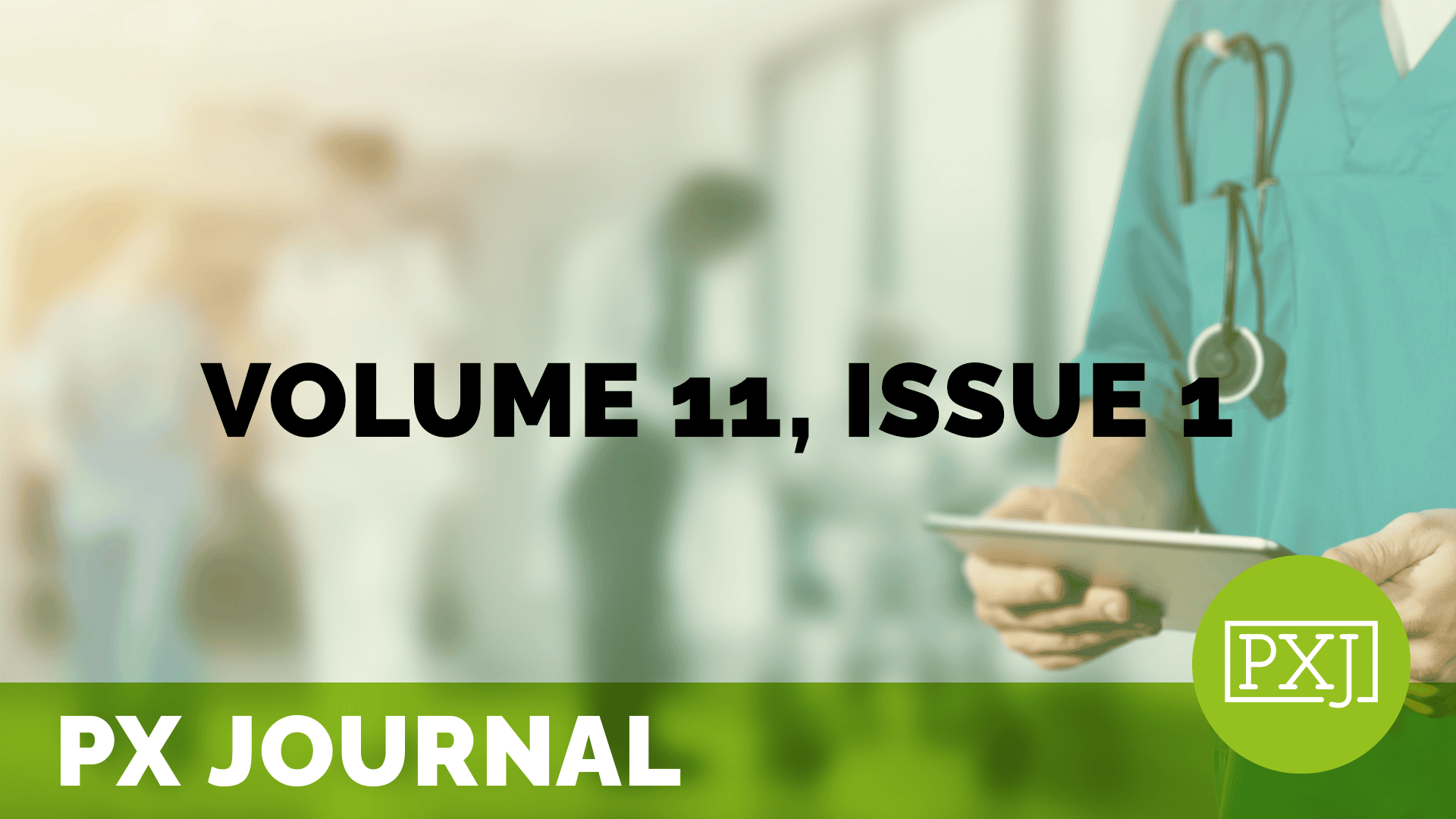Looking Back to Move Forward: The Next Decade and Beyond for Human Experience

This issue comes out at an important moment for the experience conversation. It was ten years ago from the publication date of this issue on April 30, 2014, that the first issue of Patient Experience Journal (PXJ) was released. PXJ was intended to be a gathering place. A virtual town square for the experience movement where people could and would come together to share ideas and proven practice. This value of collaboration is at the foundation of our very efforts as a global community through The Beryl Institute. Experience is not some secret competitive ingredient in the world of healthcare. It is a promise we make to one another – to what matters to patients, to the needs of the healthcare workforce, to the realities faced by the communities that healthcare serves. What sparked us to start this effort over a decade ago is what continues to inspire us on the journey of where we go from here.
Related content
-
 Culture & Leadership
Culture & LeadershipTo Care is Human – LIVE! A Conversation with Dr. Owais Durrani
Recorded live at ELEVATE PX 2025, this episode of To Care is Human features Jason Wolf and Dr. Owais Durrani. Listen in as they discuss his journey in healthcare, the role of AI, and the importance of equitable care. Key takeaways included the need for ethical AI use, the critical role of communication in hospitals,
Learn more -
 Culture & Leadership | Staff & Provider Engagement
Culture & Leadership | Staff & Provider EngagementONE Sutter Experience of Care, a 3-Step Communication Standard
2pm ET / 1pm CT / 12pm MT / 11am PT – Sutter Health’s vision for Destination 2030 includes the ONE Sutter Experience of Care, a communication standard with three simple steps: Warm Welcome, Narration of Care/Service, and Fond Farewell. This approach ensures every person feels seen, heard, and connected throughout their care journey. Speakers
Learn more -
 Culture & Leadership | Infrastructure & Governance | Quality & Clinical Excellence
Culture & Leadership | Infrastructure & Governance | Quality & Clinical ExcellenceHealth Equity: The Metronome for Human Centered Care
As the healthcare landscape continues to evolve, and as consumers seek a more personalized care experience, integrating health equity into experience management emerges as a critical factor in enhancing institutional performance. Traditionally, health equity has been viewed as a separate component of healthcare quality improvement. However, in this webinar, we will explore the pivotal role
Learn more
